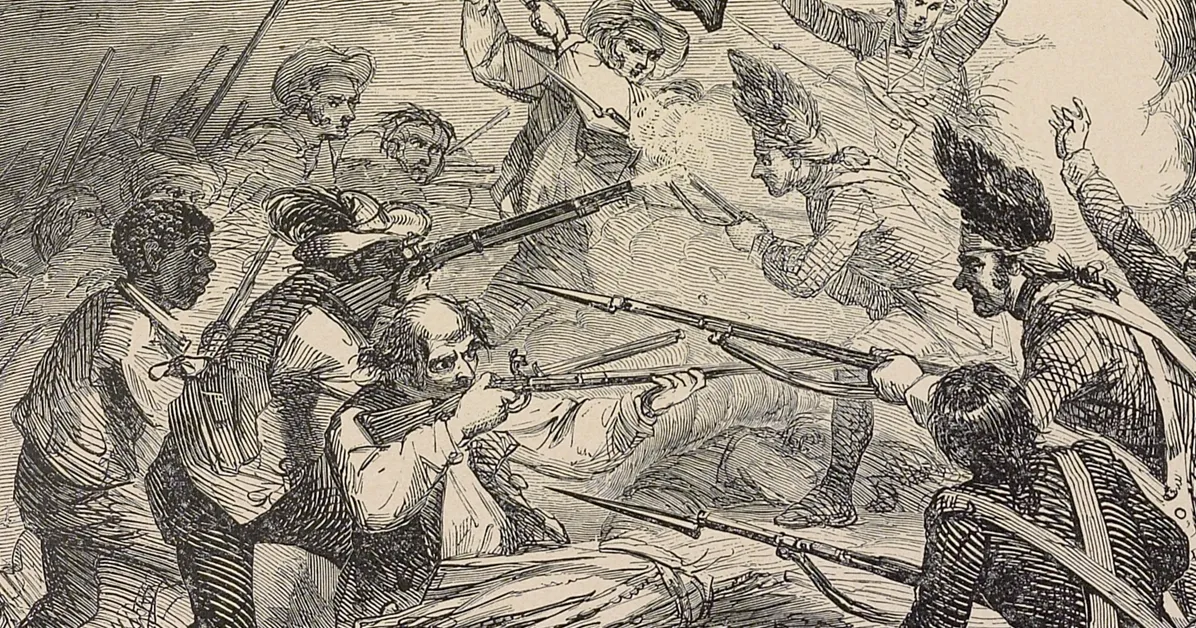IM2
Diamond Member
- Mar 11, 2015
- 113,110
- 141,841
- 3,645
How an Enslaved Blacksmith Had to Enslave His Own Family to Win Their Freedom
In my book, The “Colored Hero” of Harper’s Ferry: John Anthony Copeland and the War against Slavery, I wrote about Allen and Temperance Jones, a married couple, both born into enslavement by a North Carolina plantation owner named Jeffrys in the late eighteenth century. Trained as a blacksmith, Allen had been able to work for wages on Sundays, the slaves’ only day of rest, eventually saving the $685 required to buy his freedom.Jeffrys, however, was a swindler as well as a slaver. He took Allen’s money, falsely claiming that it was never rightfully his. “You are my n----r yet,” Jeffrys said, “and I have the money, too.”
Undeterred, Allen redoubled his labor. He eventually raised enough money to buy his freedom, which Jeffrys could not refuse a second time. Now able to work full time and keep his earnings, Allen saved the $3000—a small fortune in those days—necessary to free Temperance and their three children.
This time, Allen took no chances. North Carolina law required manumitted slaves to leave the state unless they had been freed under narrow circumstances. He could not trust the perfidious Jeffrys to release Temperance and the children, and certainly not to provide the certificate of “meritorious service” that would allow them to remain in North Carolina. Rather than risk simply handing over the cash, Allen was compelled to purchase his own wife and children, enslaving them to himself.
It's easy to make comments like blacks owned slaves too, but when comments are made they should contain the proper context. Most blacks purchased family members and of thextended relatives, which essentially freed them. Thus making the claim of blacks owning slaves as if they participated in the slave industry in the same manner as whites is disingenuous.
